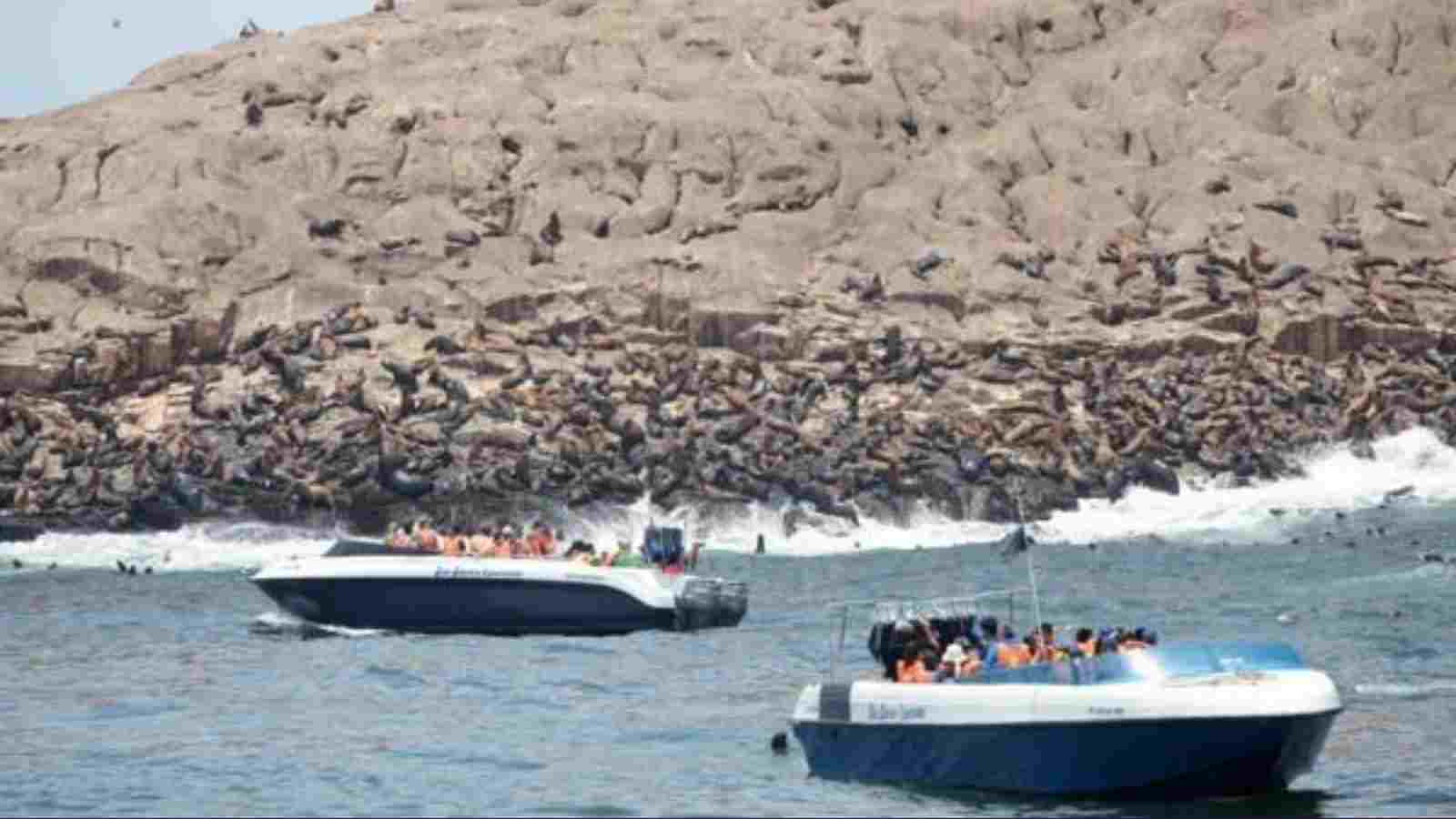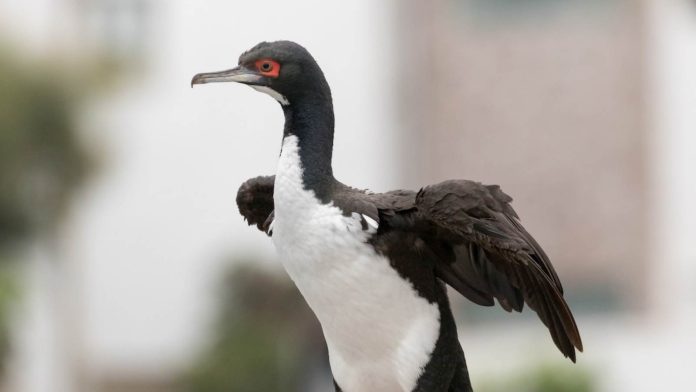There are a lot of laws in several countries that are simply bizarre. From not flushing the toilet after 10 pm in Switzerland to not allowing loose trunks in France, the list is endless. One such rule also exists in the United States. It is the 1856 Guano Islands Act.
This 158-year-old federal law allows an individual to claim the property as US territory. But the catch is, that it should be covered in bird poop. The rule also applies if a large part of that island has deposits of bird excrement. Weird, right?
Read More: Know All About Oskar Sala As Google Doodle Celebrates The Legend
The Law That Allows You To Claim Poop-Covered Island

The Guano Islands Act of 1856 is still on the books as 48 US Code Chapter 8. It allows a US citizen to claim an island if it is covered in bird fecal matters.
According to a report from Vox, the law states: “Whenever any citizen of the United States discovers a deposit of guano on any island, rock, or key, not within the lawful jurisdiction of any other government, and not occupied by the citizens of any other government, and takes peaceable possession thereof, and occupies the same, such island, rock, or key may, at the discretion of the President, be considered as appertaining to the United States.”
Guano is basically dried feces from a bird or bat. But back in the day, seabird feces was the major concern for this law to exist. It is also considered a very important and potent fertilizer. So much so that its introduction in European and US markets in the 19th century led to a rush.
In the 1840s, Peru was shipping guano to Europe and then to America. Soon, the country had a monopoly on bird poop. Both Peru and America were not on good terms with each other.
The 1856 Guano Islands Act Was Born

Pretty soon, America faced the problem of what to do if they wanted to extract guano from locations claimed by other governments. The focus was on uninhabited or deserted islands where birds had been dropping their excrement for a long time.
This was the point when Congress decided to pass the Guano Islands Act of 1856. Christina Duffy Ponsa explains, “Some claimants who seemed to have fulfilled all the requirements set forth in the act failed to secure declarations; others received declarations almost immediately on the basis of similar evidence; still others succeeded in obtaining declarations on the basis of shoddier evidence; in some cases, even nonexistent islands made the list “appurtenances,” she writes.
She adds, “Moreover, at one point the State Department stopped issuing declarations altogether and began simply filing the documentation submitted by claimants.”
The result was a lot of confusion around the law. But so many years have passed, and the law still exists. So, if you see a place covered in bird poop, don’t forget to claim it.
Read More: How A Woman Solved Her Own Murder: The Extraordinary Story Of Teresita Basa
Read More: What Is Brain-Eating Amoeba? The Deadly Micro-Organism That Lives In Water Bodies Can Kill You






